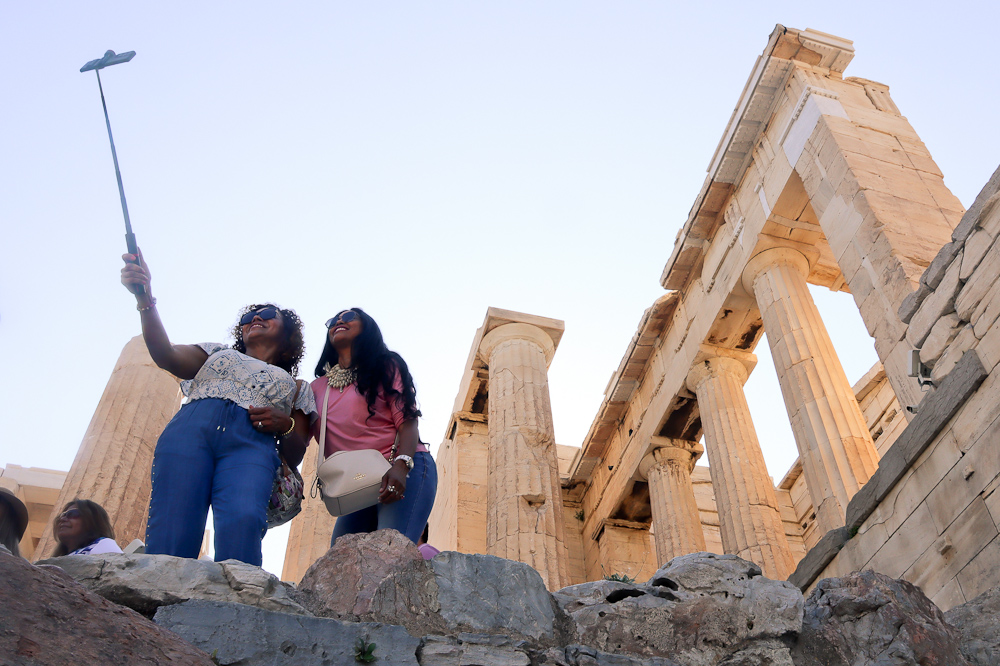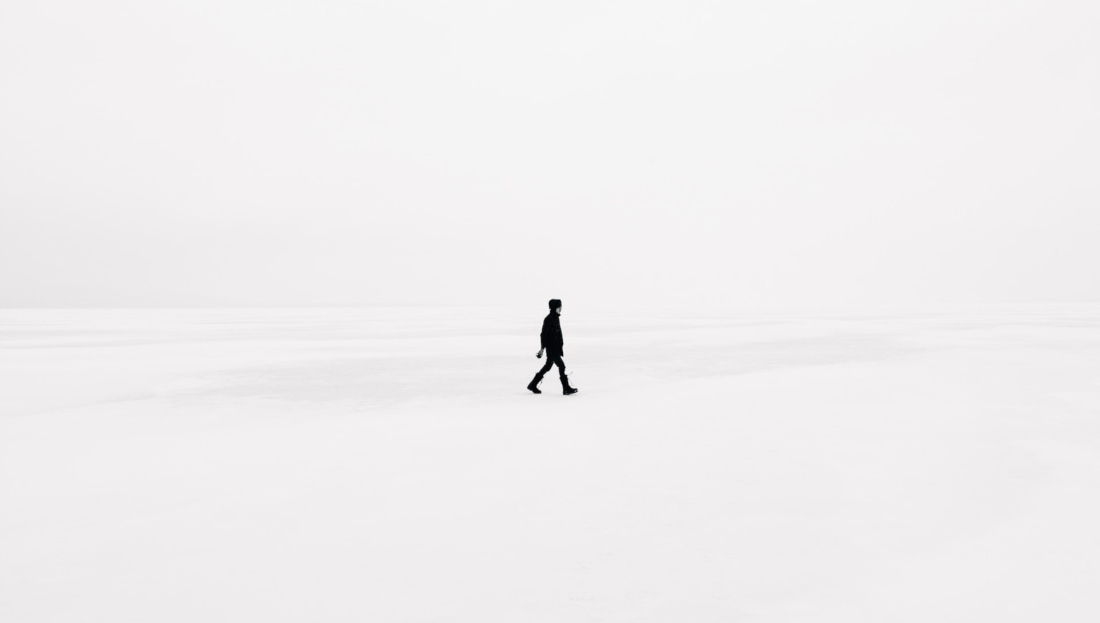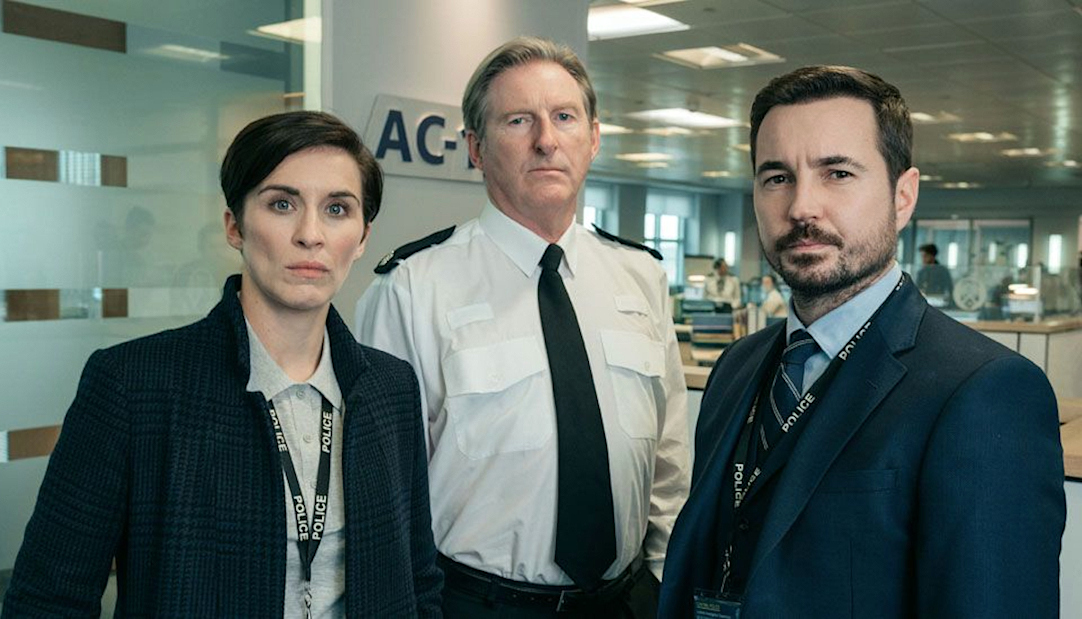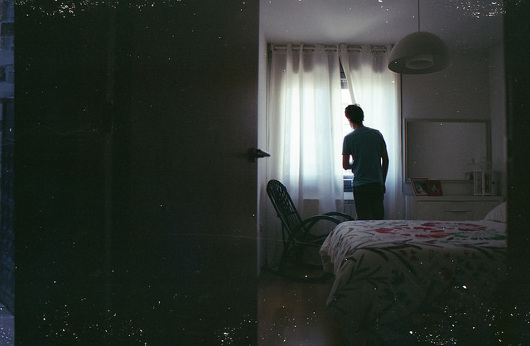We Don’t Bow to Zeus Anymore, But We’re No Less Religious
I’ve just returned from my first visit to Athens. I’ll never forget the red poppies blooming among the sandstone ruins, the friendly strangers helping us when we got lost, or the sweet, syrupy Portokalopita orange cake, which is reason enough to emigrate! In the evenings we climbed Mount Lycabettus to get a panorama of the city, glimpsing the 50,000-seat ancient stadium and watching the Acropolis glow in the sunset. It was magical stuff.
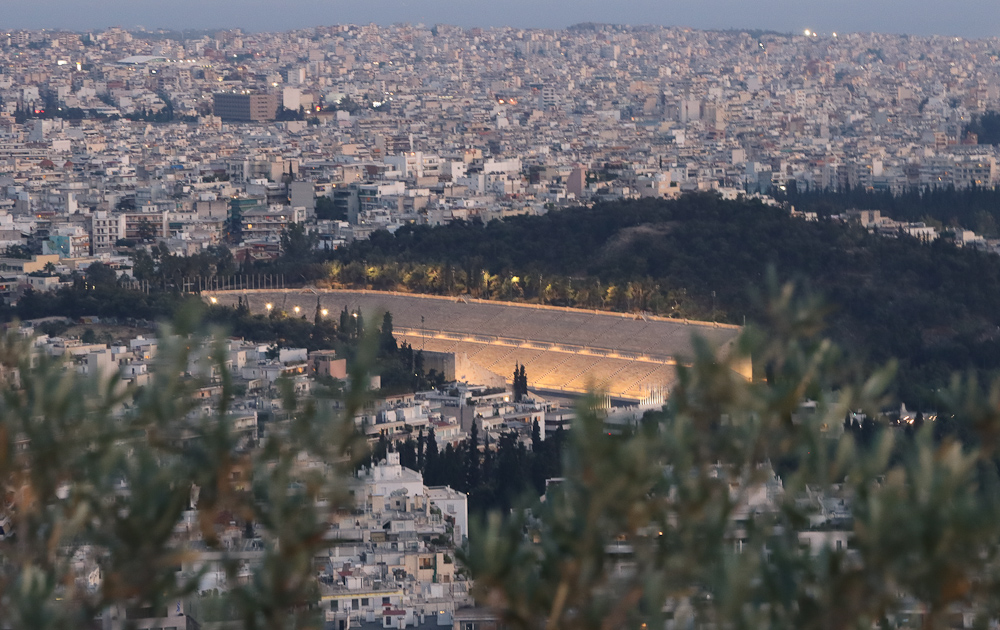
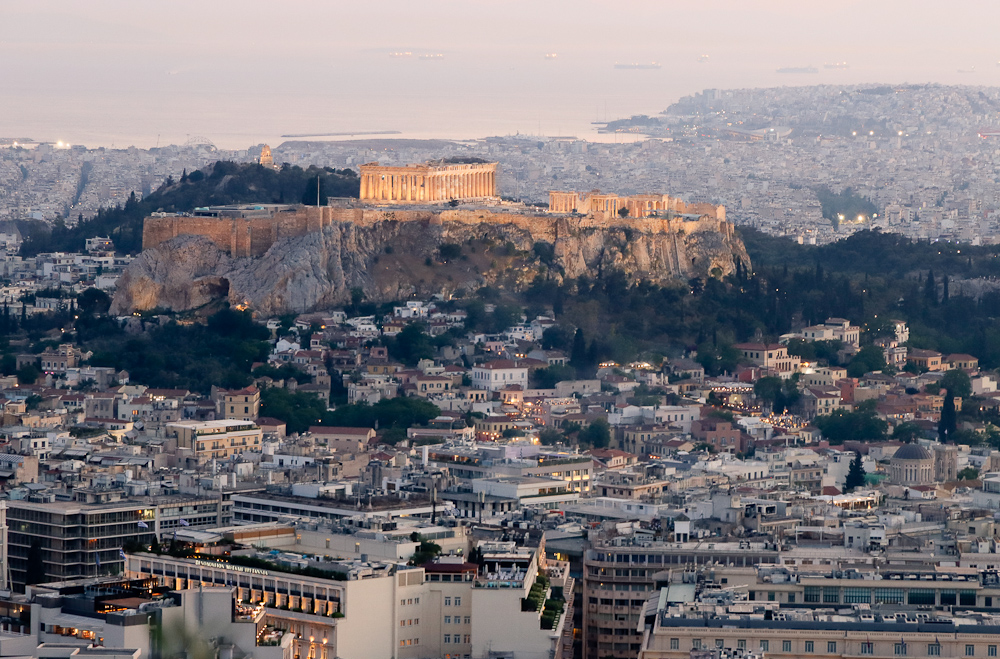
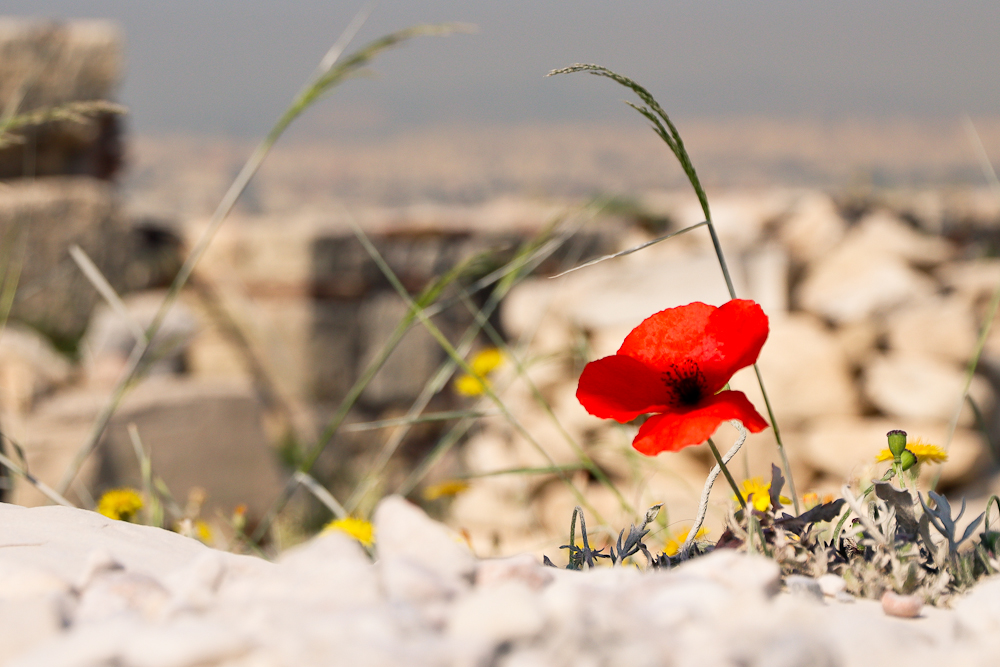
Walking Among the Gods
Our second day was spent wandering Athens’ Ancient Agora—the marketplace where philosophers once strolled porticos dreaming up things like democracy, and Athenians came to worship an impressive array of gods. Walking round you soon find altars to Apollo, Ares and Zeus, all in the shadow of the Acropolis, where a 12-metre cypress-and-gold statue of the goddess Athena once stood.
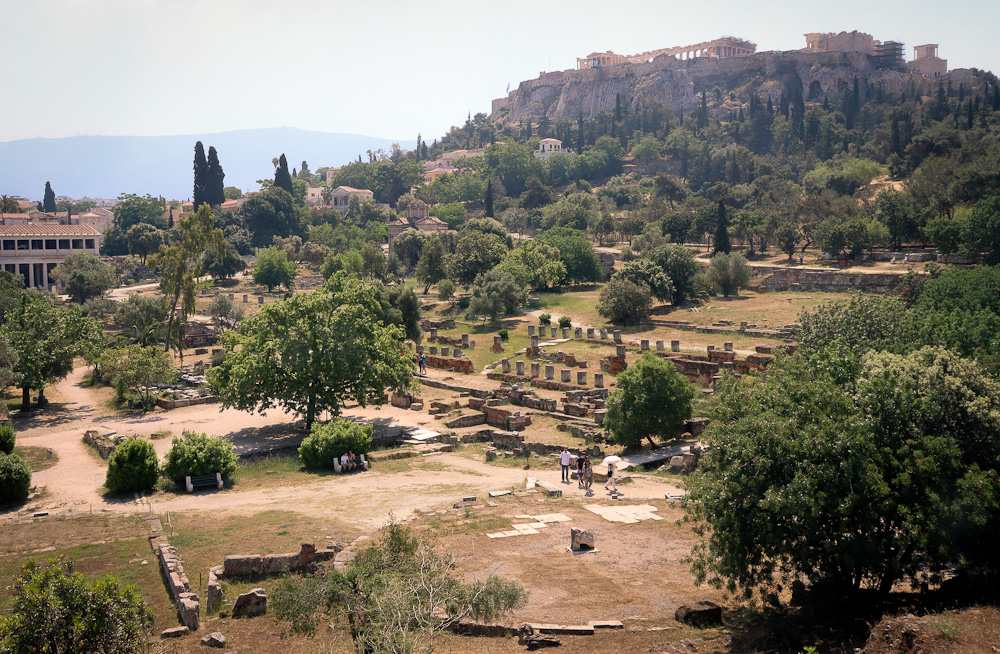
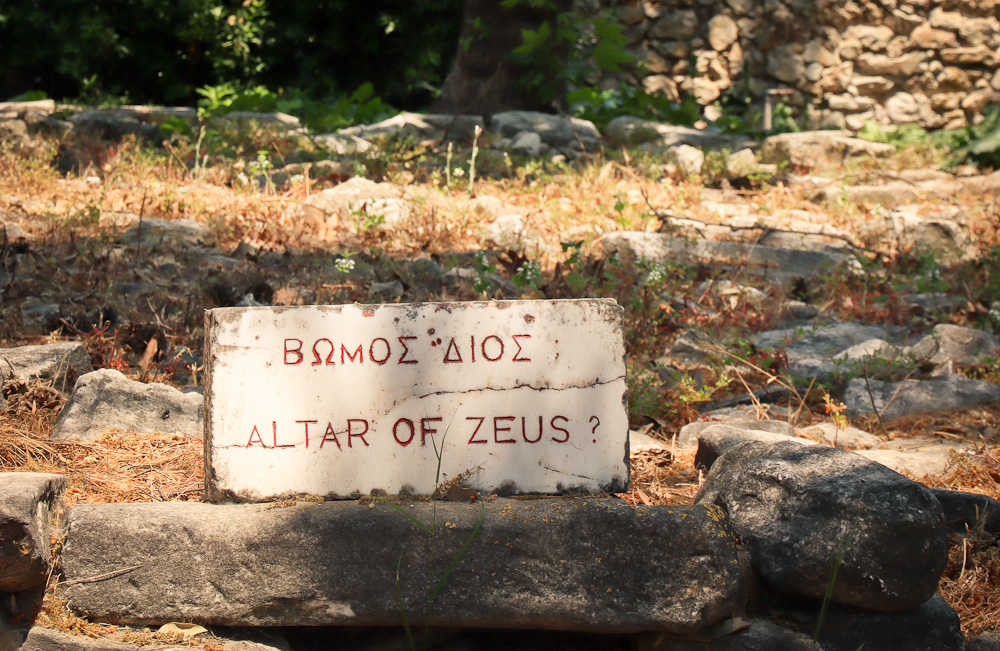
David Foster Wallace and the Gods of Our Age
Wandering the Agora today, freddo espresso in hand, selfie-stick at the ready, it’s easy to relegate such devotion to a bygone age. We no longer bow to Zeus or sacrifice bulls on the Acropolis. But I’m not sure we’re any less religious.
Anthropologists tell us worship is found in every culture. Theologian Paul Tillich said our god is whatever our ‘ultimate concern’ is—the prime thing we try to get meaning and purpose from, whether money, success, family, or a political ideology. Novelist David Foster Wallace said the critical question wasn’t whether we worship. “In the day-to-day trenches of adult life,” he said in a now famous commencement address, “there is actually no such thing as atheism. There is no such thing as not worshipping. Everybody worships. The only choice we get is what to worship.” And as to that choice, Wallace was again astute:
“If you worship money and things—if they are where you tap real meaning in life—then you will never have enough… Worship your own body and beauty and sexual allure and you will always feel ugly, and when time and age start showing, you will die a million deaths before they finally plant you… Worship power [and] you will feel weak and afraid, and you will need ever more power over others to keep the fear at bay. Worship your intellect, being seen as smart, [and] you will end up feeling stupid, a fraud, always on the verge of being found out.” For Wallace, the gods of our age do us more harm than good.
A Speech at the Agora
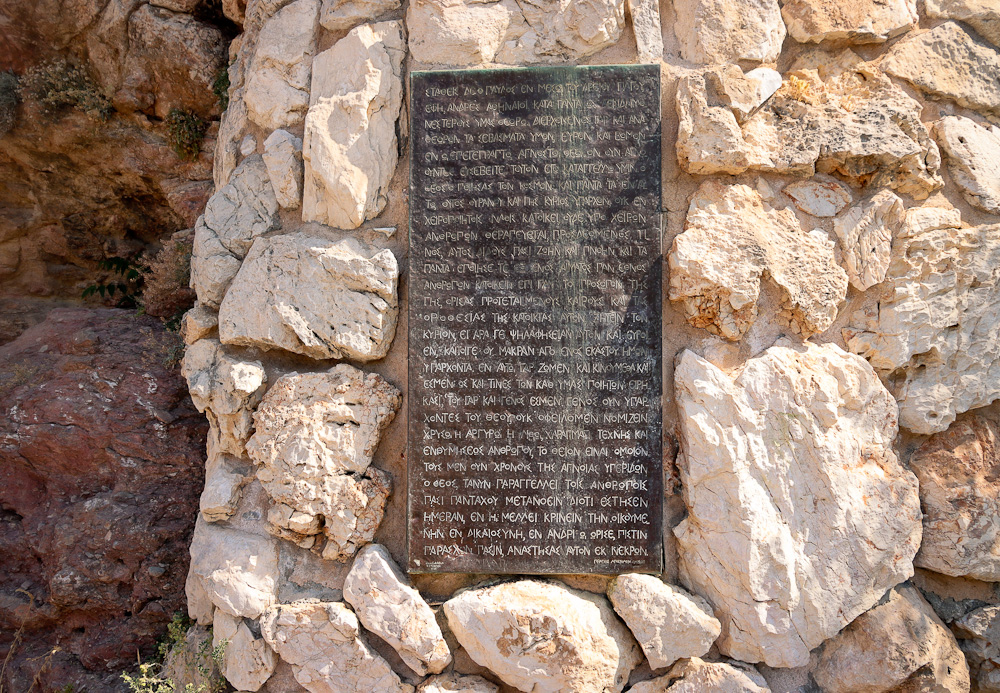
Up the hill from the Agora you find a bronze plaque inscribed with a speech. “People of Athens!” it begins, “I see you’re very religious!” It’s from the apostle Paul who, while wandering the Agora in 51AD, even found an altar to An Unknown God. Paul goes on to describe this Unknown God as Someone who wants to be known, who has revealed himself through the resurrection of Jesus, and who is the ultimate fulfiller of our souls.
A few days after visiting Athens I got talking to a guy who confessed that money and success wasn’t enough for him. I thought of David Foster Wallace’s words, and the speech on that bronze plaque. Maybe there’s an altar in the heart of us all that money, success and other good things are too small for. That’s good news because it means that when the things of earth fail to fulfil, there’s heaven to find—like a bright red poppy among the ruins.
Listen
Listen to Sheridan talk about this on BBC Radio 2’s Zoe Ball Breakfast Show


